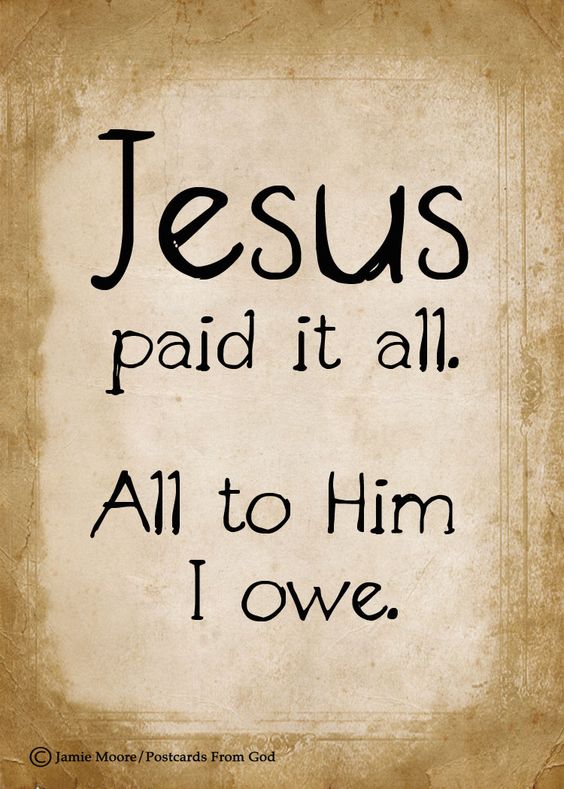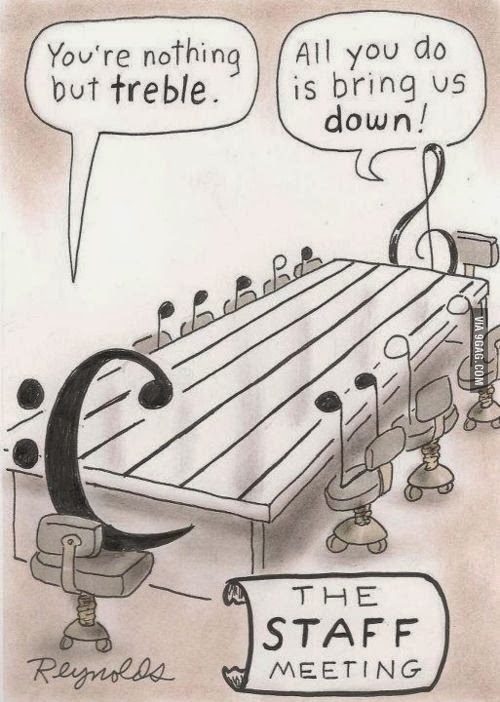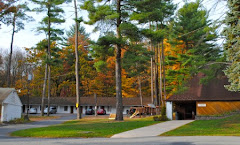Recently I was reading a devotional, "If You Will Let God Guide" by David Jeremiah. In the devotional he talked about Georg Neumark who in 1641 wrote the words and music to a hymn by the same title. I had never heard of Neumark nor his hymn, but as I did some searching I found an interesting story and a wonderful hymn. As it turns out, Neumark had worked hard and lived frugally to raise enough money to attend college. At the age of 20 he set off for the University of Konigsberg. Unfortunately, he was robbed along the way and lost everything except his prayer book, the cloak he was wearing, and a few coins. He wondered around, thinly dressed, cold and hungry. Though he was forced to put off his plans of studying at the University, he never gave up his trust in God to provide for his every need. After months of searching for work and shelter during a harsh winter, a pastor helped Neumark land a job as the tutor for the family of a judge. The day he got the job, he wrote "If Thou But Suffer God to Guide Thee", rejoicing that the Lord had been faithful to keep the promises contained in His Word, just as Neumark knew He would! Within a few years, he'd saved enough and was able to resume his studies. His hymn originally contained seven stanzas but today only three are usually printed and sung. He also wrote the tune for the song and it is said that his tune has been used for about 400 different hymns. This hymn, written in German, was first published in 1657 and it was first translated into English by Catherine Winkworth in 1855. The words of this hymn, though written centuries ago, should provide for us a good reminder of the need to let God guide us in today's life. We should put our daily trust on the Rock that cannot move. We should be willing to cheerfully take whatever the Father's pleasure and all discerning love sends our way. We can trust His rich promises of grace which will be fulfilled in us. Powerful words from a man who learned in tough times to allow God to guide him. And that is a lesson that each of us, as followers of Christ, need to learn. He will meet our needs, strengthen our hearts and bear us through the evil days. "Trust God from the bottom of your heart; don't try to figure out everything on your own. Listen for God's voice in everything you do, everywhere you go; He's the one who will keep you on track." Proverbs 3:5-6 The Message.
1. If you will only let God guide you,
And hope in Him through all your ways,
Whatever comes, He'll stand beside you,
To bear you through the evil days;
Who trusts in God's unchanging love
Builds on the Rock that cannot move.
2. Only be still, and wait His leisure
In cheerful hope, with heart content
To take whatever the Father's pleasure
And all discerning love have sent;
Nor doubt our inmost wants are known
To Him Who chose us for His own.
3. Sing, pray, and swerve not from His ways,
But do your part in conscience true;
Trust His rich promises of grace,
So shall they be fulfilled in you;
God hears the call of those in need,
The souls that trust in Him indeed.
Here are the other four verses not normally printed or sung today.
What can these anxious cares avail thee, These never-ceasing moans and sighs? What can it help, if thou bewail thee O'er each dark moment as it flies? Our cross and trials do but press The heavier for our bitterness.
He knows the time for joy, and truly Will send it when He sees it meet, When He has purged and tried thee thoroughly And finds thee free from all deceit, He comes to thee all unaware And makes thee own His loving care.
Nor think amid the heat of trial That God hath cast thee off unheard, That he whose hopes meet no denial Must surely be of God preferred; Time passes and much change doth bring And sets a bound to everything.
All are alike before the Highest, 'Tis easy to our God, we know, To raise thee up though low thou liest, To make the rich man poor and low; True wonders still by Him are wrought Who setteth up and brings to naught.
Listen to it here. LISTEN

















